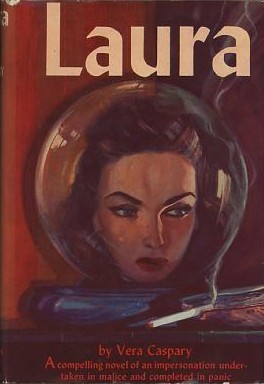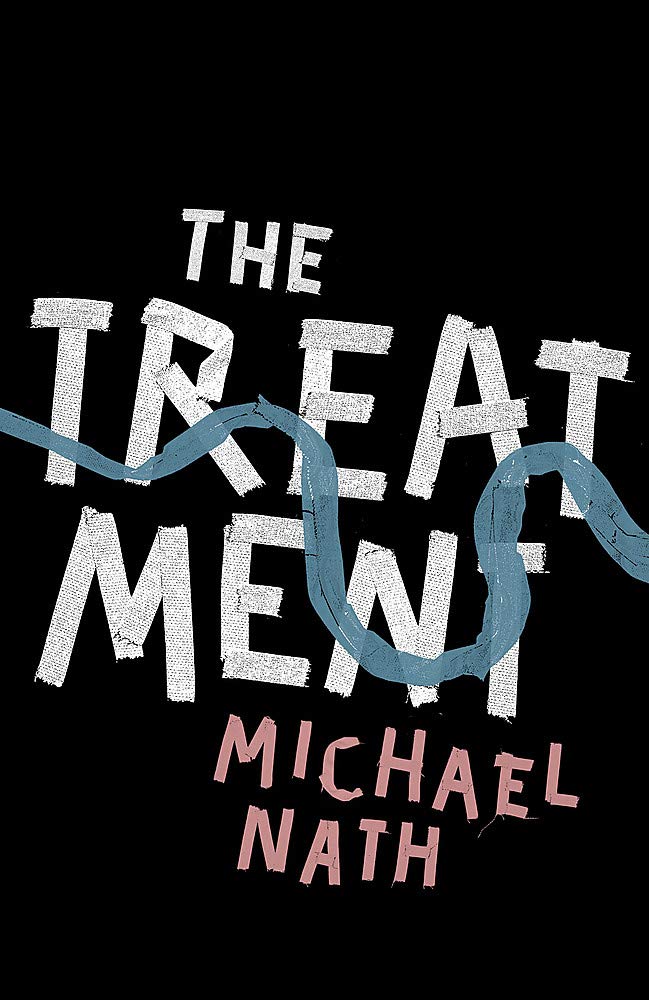I know there are some readers who lay great emphasis on the first book of the year, choosing it with care as the embodiment of an omen for the reading year to come. I see my own first reading experiences of a new year as being rather more chaotic and akin to foraging: a series of experiments through which I ask myself questions about my current reading, whether and how it reflects my goals as a writer, what I’m looking for in my reading in the months to come. I still have clear memories of the first part of 2020, which appropriately enough for the season was entirely dominated by the Golden Age detective fiction I was reading in preparation for a talk I was due to give (and did enjoy giving – luckily it was scheduled a couple of weeks before the lockdown). How peculiarly cosy that time seems now, itself a kind of metaphor for the country house mystery, in which the guests gather and chat before the feast with no idea of the danger that is about to overtake them.
Just after New Year this year I happened to reread a piece by Steve Michelmore of This Space (so much more than just a book blog) in which he talks about ‘axe books’, a term he has coined inspired by words from Kafka on the importance of demanding more from our reading and from ourselves when we read:
We ought to read only the kind of books that wound and stab us. We need the books that affect us like a disaster. We need books that grieve us deeply, like the death of someone we loved more than ourselves, like being banished into forests far from everyone, like a suicide. A book must be the axe for the frozen sea inside us.
I find this not only powerful and true, but incredibly helpful to my thinking around what books mean to me. In listing his own favourite experiences from his year in reading, Michelmore restricts himself to just three titles and I love this, too – we should all be so thoughtful.
Like so many other readers and writers, I have been enjoying the lists and blog posts and videos about books that are due to be published in 2021. I actually began compiling a document entitled ‘Books 2021’ sometime in October and at the time of writing I have already listed thirty-seven titles I am interested in as well as another twenty or so that I somehow missed in 2020. I know from experience though that it would be a mistake to see this initial selection as being prescriptive. Any selection of books that reads too much like a ‘to do’ list is liable to acquire similar connotations of duty, and leaves less room for one’s reading to evolve organically, which for me at any rate it always does.
Thinking about this, and thinking about the concept of axe books in particular, I have decided to list just ten here – ten books published in 2021 I would definitely hope to have read by the end of 2021. Careful readers will note that I am cheating from the off, as my list actually includes two books that were released late in 2020 and that I absolutely need to have. I intend to try and write something about each of my choices here, as and when I get to them. So, listed in the order of publication, here are my ten most anticipated books of 2021:
Red Comet: the short life and blazing art of Sylvia Plath by Heather Clark (October 2020). I don’t think I’ve talked about her much on here as yet, but Sylvia Plath has been huge in my life since I first read Letters Home and Ariel at the age of fifteen. I have read more than a few previous critical and biographical works, but every review I’ve come across says that Heather Clark’s book, long in the writing and making use of previously unavailable material, is close to being definitive, so it’s a must-read for me.
The Sea View Has Me Again: Uwe Johnson in Sheerness by Patrick Wright (December 2020). I discovered this 800-page beast via the White Review’s best books of 2020 (a quite remarkable selection and definitely my favourite of the best-of lists this year) and fell in love with the idea of this book on the spot. Author Patrick Wright talks in detail about the genesis of his project here, and I can already sense that this will be the kind of reading experience that acts as rocket fuel for the imagination.
A Swim in a Pond in the Rain: in which four Russians give a masterclass on writing, reading and life by George Saunders (January 2021). See this lovely interview with Saunders here for more detail about this one. I actually feel quite emotional about this book, which sounds as if it could have been written specifically with me in mind. I will be particularly fascinated to see how my feelings, perceptions and ideas around these stories have changed and evolved since first becoming obsessed with Russian literature in my teens and twenties. I am hopelessly out of date now on new work by Russian writers, and revisiting some of the classics will I hope give me the kick up the arse I need to put that situation to rights.
Lean Fall Stand by Jon McGregor (April 2021). I adore McGregor’s work. Reservoir 13 is still one of my favourite novels of recent years. This new one sounds equally brilliant and I can’t wait.
Second Place by Rachel Cusk (May 2021). Along with many others I’m sure I have been eager to see how exactly Cusk would follow her landmark Outline trilogy. Only a couple of months more to wait until we find out!
Monument Maker by David Keenan (June 2021). David Keenan is a must-read author for me now, one of Scotland’s most gifted contemporary writers. I heard him speak extensively about his writing practice last February at the Argyle Street Waterstone’s in Glasgow – the penultimate book event I attended before lockdown and hugely inspiring. (This wonderful podcast interview offers something of the flavour of that event.) Monument Maker is another big beast – 900 pages, I think – but its historical theme (an exploration of European cathedrals) would seem to mark it out as a significant milestone for Keenan and I’ve been looking forward to this book since I first got wind of its existence a year or so ago.
Intimacies by Katie Kitamura (August 2021). As with Reservoir 13, Kitamura’s anti-detective-novel A Separation remains a recent reading highlight and I was thrilled when I heard her next novel was on the way.
Checkout 19 by Claire-Louise Bennett (September 2021). Bennett is one of the most experimental of the extraordinary generation of writers currently living and working in Ireland and I look forward to this, her second novel, as a potential reading highlight of the autumn.
The Magician by Colm Toibin (September 2021). And talking of Ireland, here’s Colm ‘The Master’ Toibin with a novel inspired by the life and work of Thomas Mann. If you can have axe books, you can have axe writers, and Mann is one of mine. I cannot wait for this. I may also use it as a prompt to finally catch up with Erika Weiss’s biography of Mann’s two eldest children Klaus and Erika, In the Shadow of the Magic Mountain, which has been on my to-read list ever since it came out in 2008.
The Waste Land: T. S. Eliot, Ezra Pound and the Making of a Masterpiece by Matthew Hollis (November 2021). As important to my writing life and thinking as Sylvia Plath is Eliot’s The Waste Land. I found Hollis’s biography of Edward Thomas (another formative influence) to be superb and this new book on Eliot and Pound sounds essential.
I feel properly excited about all these books, and choosing only ten (even with three whoppers among them) gives me a fighting chance of reading them all. I hope to keep blogging semi-regularly this year, with more instalments of Girls Against God certainly, as well as new projects and matters of interest as and when they arise. I am thinking I might try blogging the Gordon Burn Prize longlist again this year as I found it a most rewarding exercise in 2019. Let’s see what crops up!

